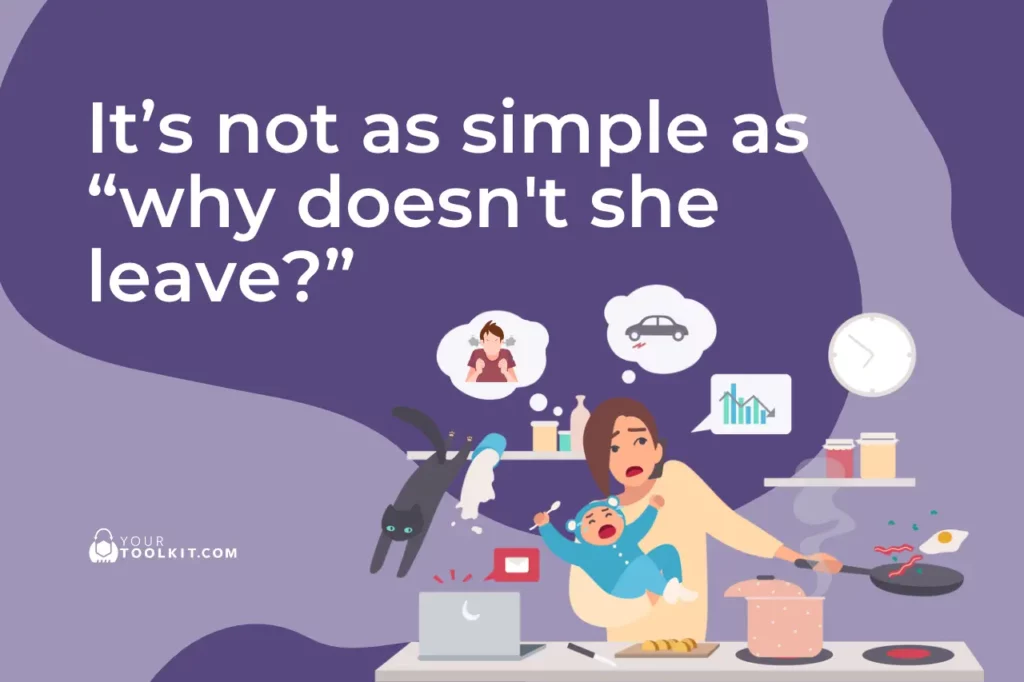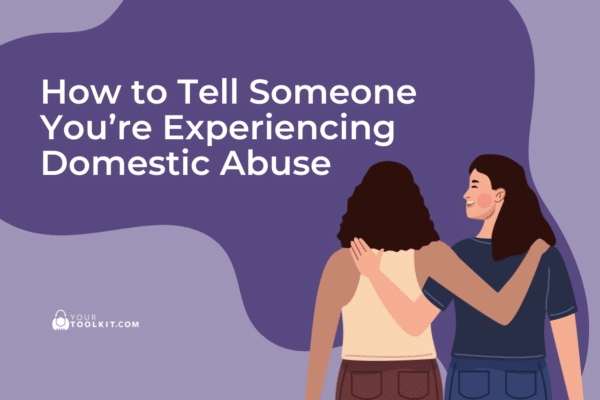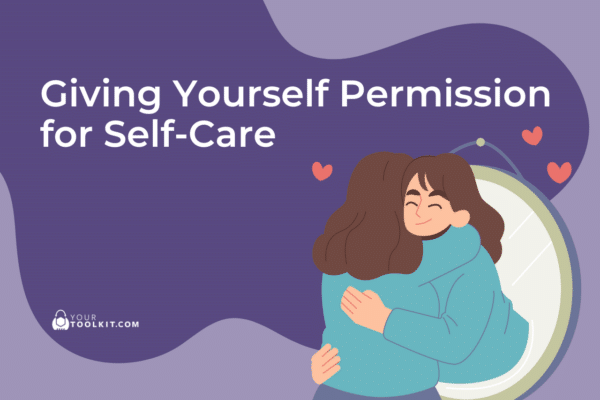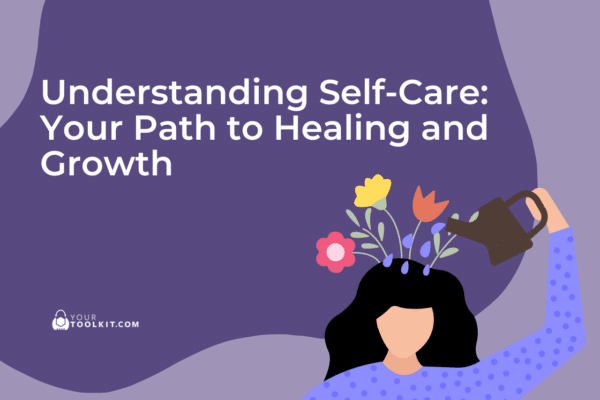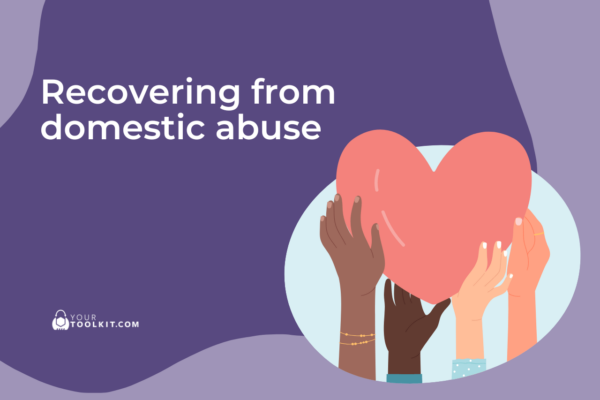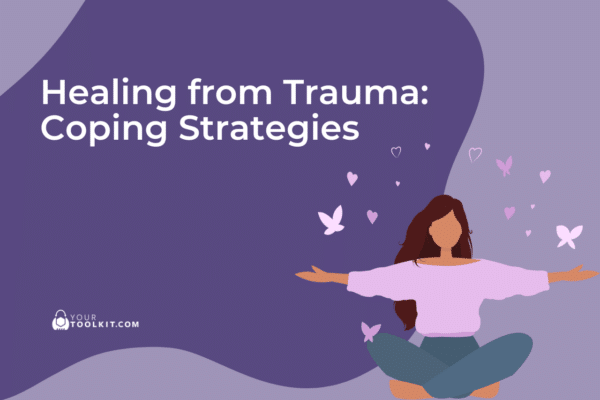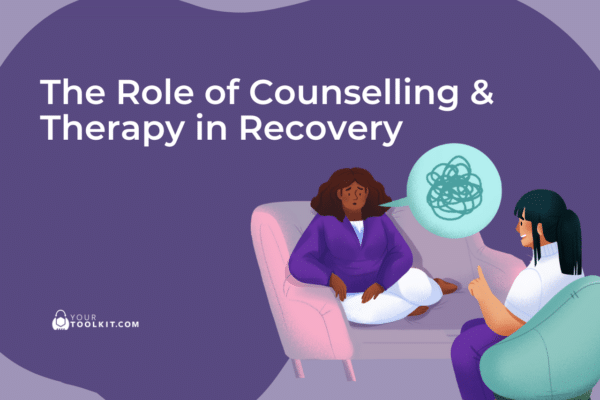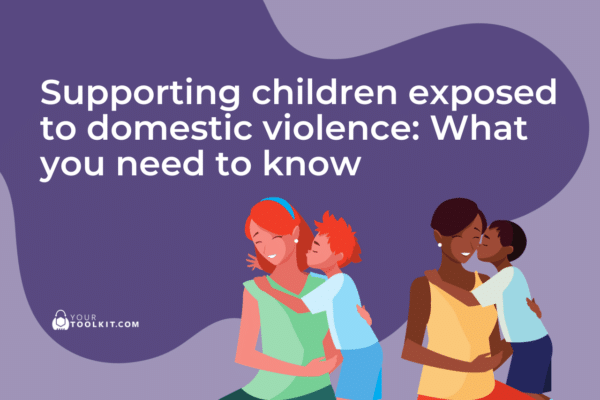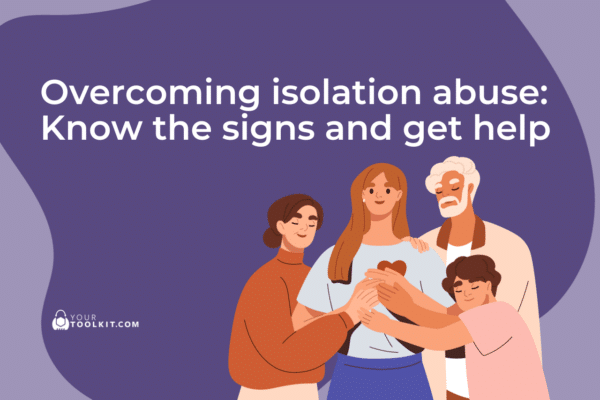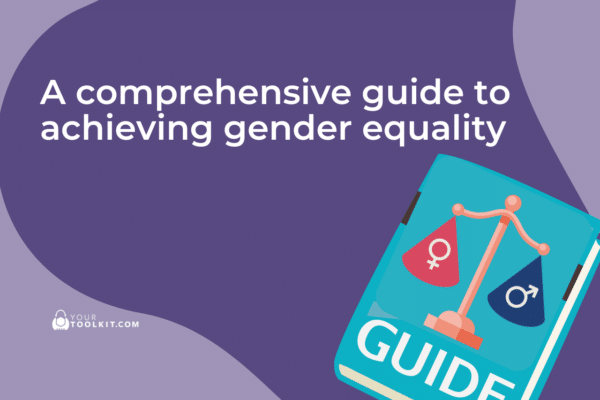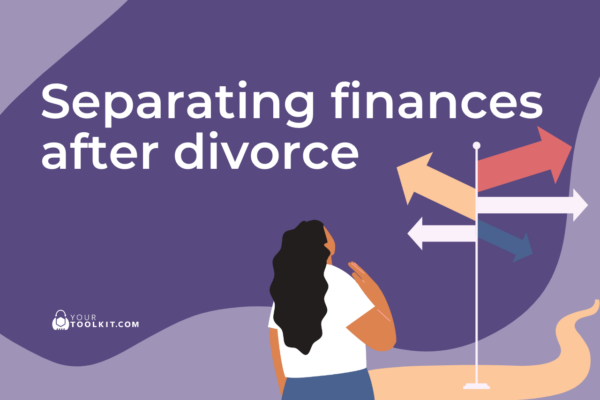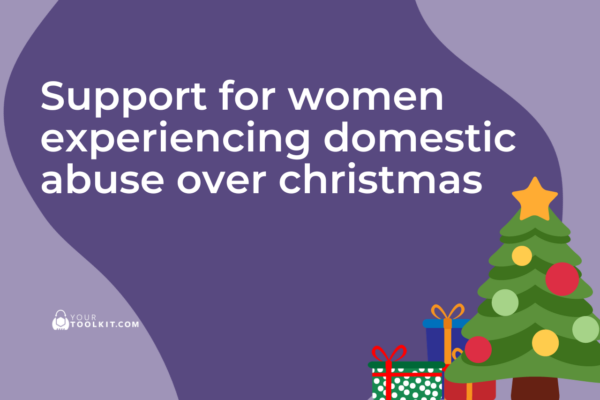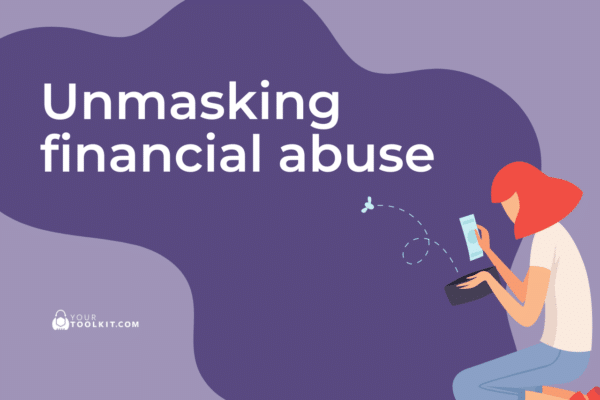1 in 3 Australians believe that if a woman does not leave her abusive partner, she is responsible for continuing violence (ANROWS, 2017). Instead of holding the perpetrator accountable for their actions, this attitude incorrectly places the blame on the victim survivor. Challenging these community attitudes is crucial to ending violence against women.
To untangle these attitudes, we’re covering the following:
- The problem with Australia’s attitude toward domestic violence
- The complex reasons why it’s hard to leave an abusive relationship
- What impact these negative attitudes have on women
- How to be a better ally to women
Continue reading to challenge problematic attitudes and end violence against women.
Australia’s attitude toward domestic violence
Whilst most Australians reject violence against women, alarming themes still need to be challenged, including:
- 1 in 8 believe that if a woman is raped while drunk or affected by drugs, she is at least partly responsible.
- 1 in 5 Australians believe domestic violence is a normal reaction to stress and that sometimes a woman can make a man so angry he hits her without meaning to.
- 1 in 3 Australians believe that rape results from men being unable to control their need for sex (ANROWS, 2017).
Our position on ending violence against women
It’s time to change the narrative – survivors of violence are not responsible for abuse and perpetrators must be held accountable for their actions.
Why is it hard to leave an abusive relationship?
Leaving an abusive relationship is immensely complex. Victim survivors are often isolated from their support groups, have their phones monitored and are intentionally made to feel worthless.
Victim survivors may also experience significant challenges after leaving, including fearing for their children, being financially vulnerable and dealing with complex PTSD and memory loss.
“Leaving an abusive relationship required me to start all over again – I had to consider the initial costs, how to pay for rent on a single income, was I going to be able to afford to leave? I also wanted to avoid escalating my abuser’s behaviour. He’d made me feel worthless for so long, did I even have what it takes to leave? I’m happy to say now that I did. I’ve left and made a better life for my son and me. People need to know how much strength that takes.”
-Victim survivor
Yourtoolkit.com provides a step-by-step guide for women on their journey, whether they choose to leave or not.
What impact do poor community attitudes have on women?
The United Nations recognises that violence against women is one of Australia’s most common human rights violations. We must challenge the cultural norms that allow violence against women to continue, including blaming the woman for her victimisation.
The impact on the victim survivor
When victim survivors fear a lack of support from their community, they are unlikely to leave. We must challenge negative attitudes to create safe spaces for victim survivors and encourage access to support services.
The impact on women
By condoning, justifying or downplaying perpetrators’ bad behaviour, we allow violence against women. Instead, we must intervene and make perpetrators accountable for their choice to commit violence and make a safer environment for women.
How to be a better ally to women? #Saysomething
When you see negative attitudes, it’s important to #saysomething. In your workplace, community or home, you can:
- Challenge negative attitudes
- Support women’s decision making
- Reject gender stereotypes
- Encourage positive, equal relationships
Find examples and actionable steps at Yourtoolkit.com/saysomething.
Perspectives on family and domestic violence
We surveyed community members to get their perspectives after reading this article. Here is what they had to say:
Perspective #1
“I didn’t understand why my mum never left my abusive father. Now, as a father myself, I know that she was trying to avoid the risk associated with leaving, she was trying to protect us kids. I wish she had more support to leave.”
Perspective #2
“My best friend recently left her abusive boyfriend. She had tried to leave before, but things were complicated. Throughout her journey, she’d lost friends and had been isolated from her family, who never understood how hard things were. If more of her friends and family recognised the signs of abuse and supported her, she might have felt it was possible to leave earlier.”
Perspective #3
“Victim survivors already carry trauma and safety concerns, what right do we have to also blame them for the abuse? When a perpetrator chooses to commit violence, they need to know that the community will hold them accountable for their actions.”
